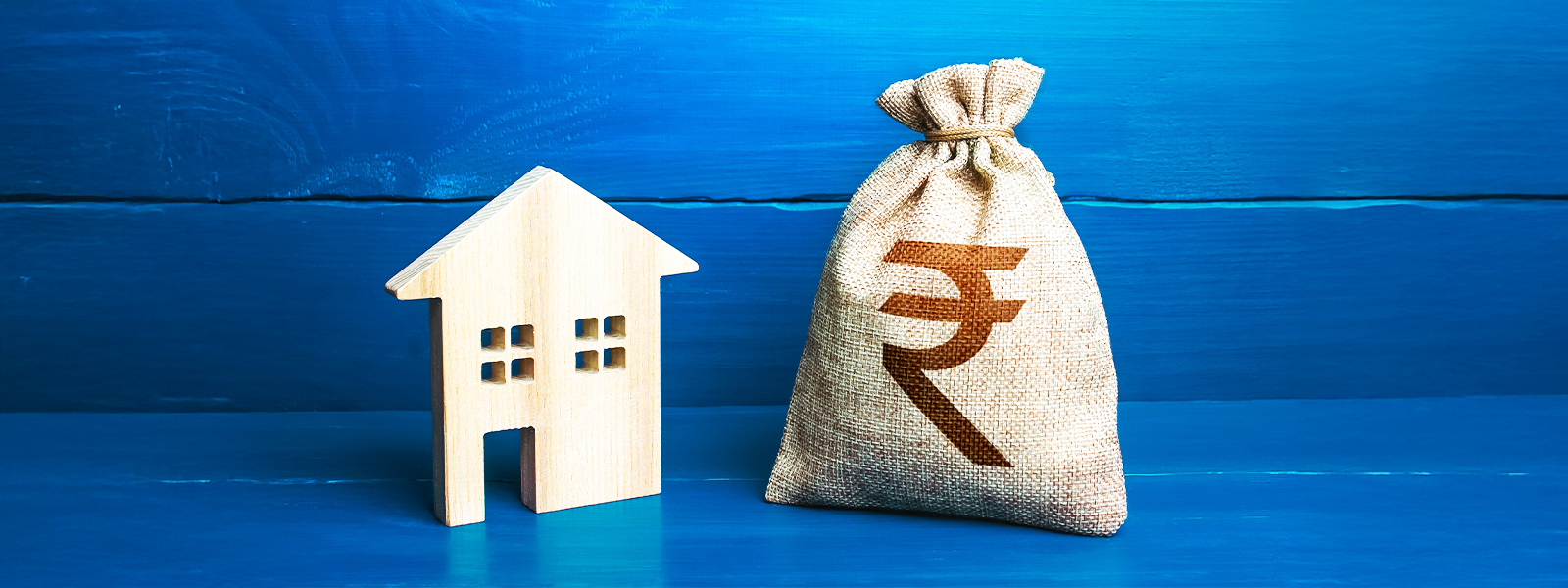Hidden Costs of Buying a Home: Essential Insights
March 17, 2025 in Property Guide

Introduction
Everybody dreams of buying a home. In addition to providing a sense of safety, it inspires a feeling of liberty and pride. The largest purchase most people make in their lifetime is typically a home, and it frequently requires careful budgeting.
When buying a property, you take into account all the evident costs; you hope for reasonable home prices, reliable housing loans, affordable mortgage rates, etc. But you lose out on a lot of other drawbacks that are related to this challenge of buying a home process. Due to these unforeseen expenses, the property's advertised price is increased, costing the buyer much more than anticipated. Often, purchasers enter into a deal before understanding the additional charges when buying a home and take into account the base price stated by the developer or the seller.
Some Extra Charges While Buying Home
Recognising and assessing the exact cost of ownership of the house must be the first step in the home purchase process. Contrary to popular belief, there will be a discrepancy between the builder's or seller's estimated cost of ownership and the real cost of ownership. This is because there will almost certainly be unanticipated fees and additional costs. The actual expenses will usually increase at the time you buy them if you don't account for them, which can throw off your present funding plans.
Here is a list of all the charges you need to know before buying a property.
Stamp Duty
The government must charge stamp duty on all real estate transactions. This verifies the selling contract and serves as proof that a property was sold or bought. Depending on the state in which you are purchasing a home, the stamp duty fees might range from 4% to 7% of the value of the property.
The state governments set the stamp duty rates, which might differ between states and urban and rural areas within each state. Additionally, a few states give women who own homes and those who purchase affordable housing rebates up to 2%. Therefore, stamp duty rates might vary significantly even in a specific state. Hence, do a careful study of this aspect, as a rebate between 1% to 2% while registering a property can add to considerable savings.
Registration Fee
This is an additional tax that must be paid to the government during the time of buying to register the property in the purchaser's name and update ownership records. The registration fee is typically 1% of the home's value but may vary across states based on local policies. Hence, you must undertake careful research into this charge to be able to allocate adequate funds.
Maintenance Charges
The price of the house can be greatly impacted by property maintenance fees. Based on the size and area of the property and apartment complex, builders might take these in beforehand for a year or two. General maintenance fees comprise, along with other things, public water and power rates, building security fees, lift fees, and payments for property maintenance. When you purchase a previously owned apartment in a society with a registered RWA, you must ask the seller to provide the no dues certificate from RWA.
=> Read Also: - Know All About Flat/Apartment Maintenance Charges
Brokerage Fee
While not precisely a secret expense, this is an important charge before buying a home that you might overlook. The brokerage fee is what the broker, who acts as a middleman between both the buyer and the seller. Usually, brokers charge between one and two per cent of the house's price as their fee, although others are pricey and might even charge more. It is preferable to discuss the specifics and clarify this with your broker right away. This payment must be paid as soon as the title deed is registered at the sub-registrar office.
Interiors
This expense is a significant part of the extra charges while buying a home. It cannot be avoided since you can't move in without suitable interiors. This comprises electrical items, plumbing, purchasing new furniture or having it constructed, painting, and an unending list of other things. Even with considerable sacrifice and cost-cutting, this expense might easily reach Rs. 10 lakhs.
However, the expense of interiors is at least Rs. 20–25 lakhs if you alter everything and somewhat between Rs. 15-20 lakhs if the fundamental interiors are already completed. If you plan on a massive renovation project, you may also have to apply for a home improvement loan to cover the costs.
Goods and Services Tax (GST)
In India, Goods and Services Tax must be paid on any property still under development. GST is a tax that is paid to the government, just like stamp duty and registration fees. Though affordable housing estates only draw 1% of the GST, properties still under construction are subject to 5%. GST does not apply to properties ready to move into or to projects that have received a certificate of completion. Most developers or sellers add the GST to the overall cost, so keep an eye out for it.
Parking Charges
Many buyers believe they will not have to pay parking fees for their cars after they move into their new homes. That is untrue. Parking fees are assessed by housing societies or builders for designated parking spaces. You might have to spend more money to purchase extra parking if you own more than a single vehicle. According to society, you might have to pay one-time or recurring parking fees that can run into thousands or lakhs. It is wise to pay parking charges to book a suitable parking space for your car to avoid any hassles later on.
Preferential Locality Charge
The preferential locality charge (PLC) is the additional cost incurred to reserve a unit in a great spot within a specific layout or complex. Although this varies from builder to builder, luxury developments usually charge higher Preferential Location Charges. Penthouses perched atop buildings and villas with a garden or views of lakes, for instance, have incredibly high PLCs. Unlike service tax, VAT, stamp duty, or registration fees, this fee ranges from builder to builder and on occasion. It is also not fixed and would vary on several factors depending on the option you have chosen.
=> Read Also:- Buying a Property Near an Airport: Understanding The Pros and Cons
Conclusion
You would be responsible for paying all these additional charges when buying a home. Therefore, you must include all of these extra costs when calculating the total price of the house and start making provisions for them as soon as you begin your planning. If you want a more convenient property-buying platform, then Adani Realty might be the ideal place for you. Contact their experts to learn more about the payment of various additional charges when buying a house.
Looking for dream spaces, not sure where to start?
Leave us a query and our representative will get back to you.
Disclaimer
The Adani Realty expressly disclaims all liability in respect to actions taken or not taken based on any or all the contents of this Blog. The content of this blog is collation of data from various sources and is provided only for information purpose only and Adani Realty does not canvass the particulars, information, brand or any other materials mentioned in the blogs nor does it obtain any monetary benefit from the same.The Adani Realty shall in no circumstance be held liable for any expense, loss or damage including, without limitation, direct, indirect or consequential loss or damage, or any other expense, loss or damage whatsoever arising from the use of data, information, interpretation, judgement or opinion arising out of or in connection with the use of this Blog. Reader is advised to read and apply his/ her intellect and discretion in this regards.

